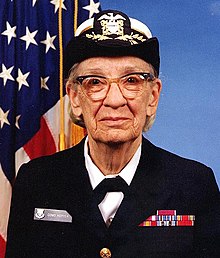It is well known for any popular culture fan and geek that the answer to life the universe and everything is, in fact, 42. Even asking google will yield such result in a calculator, because yes, it was indeed a calculated response. However, knowing the answer is one thing, experiencing the journey to reach that answer is a whole other matter.
The book written by Douglas Adams in 1979, originally adapted from a radio show, The Hitchhiker's Guide to the Galaxy, is the tale of a group of oddball and misfit companions, as they are flung together into intergalactic adventures by happenstance and the destruction of planet Earth. This leads to meeting all sorts of wacky characters and hilarious plot points as the reader learns that the galaxy is pretty weird and nonsensical. The strongest aspect of the book is of course, Adams' humor, as it hits that point of being unpredictable, loony, and eccentric without going too far and reaching the so called "lol, so random" try hard type of comedy. From revealing humans are only the third most intelligent creatures on earth (behind dolphins and mice, of course), and existential whales free-falling alongside a bowl of petunias, every chapter finds a way to surprise and reward readers with out of the box punchlines.
Clearly a classic series for sci-fi and generally odd people who enjoy the humor of tone, The Hitchhiker's Guide to the Galaxy might be one of the best and most digestible series to read. highly recommended. And what about my interpretation of the answer to life, the universe, and everything? I like that theory that it might just be related to ASCII character 42 "*", referring to the wild card used in programming meaning "everything". Life is what you make of it, you can give it meaning.......sadly the version of ASCII with "*" as the 42nd character was agreed upon after the release of The Hitchhiker's Guide to the Galaxy, so who really knows.



